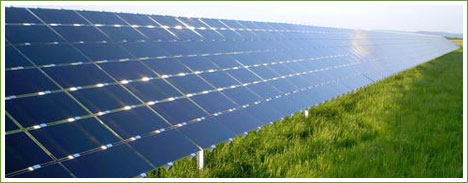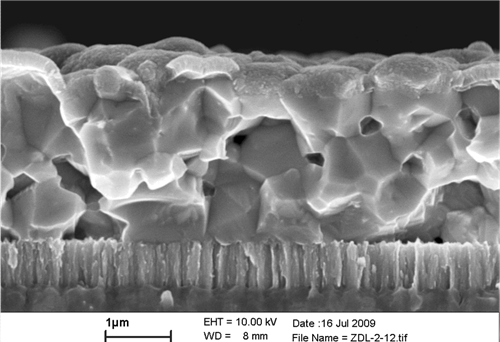Thursday, February 25, 2010, 08:00 PM
Posted by Administrator
As I read other blogs in my day to day research, sometimes I come across one that sounds just like me. The following is a quote from YahooGreen:Posted by Administrator
--
Don't get me wrong, I'm extremely excited about Bloom Energy. I honestly think that their technology is a good thing for the world and that it might very well revolutionize the power infrastructure in America and throughout the world. And yes, it will create jobs and make a select few people very rich.
In fact, I think it's so revolutionary that it doesn't need to be inflated by false or misleading claims ...
Annoying press point #1:
The Bloom Box "energy server" works with "nearly any fuel source."
The Bloom Box doesn't run on "nearly any fuel source" it runs on methane or methane or methane. That methane can be pumped out of the ground or captured from landfills, but it's still methane, and as I count it, that's one fuel source.
Annoying press point #2:
Companies using the Bloom Box can "expect a three to five year payback on their capital investment." The average cost per kW/h in California is 14 cents and a Bloom Box produces 100 kW. 100 kW multiplied by 8760 hours in a year times $0.14 per kW means 100 kW of continual electricity consumption over the course of the year will cost a company about $122,000 a year. Add in the cost of the fuel (in whatever form) the cost of maintenance and financing, and I doubt these companies are saving more than $60,000 per year per box.
Annoying press point #3:
Probably what annoys me most about Bloom's press release is that they claim the box "provides a cleaner, more reliable, and more affordable alternative to both today's electric grid as well as traditional renewable energy sources." Again, if it's not an outright lie, it's at least very misleading. The Bloom Box might be more reliable than both, but it isn't cheaper than the grid and it isn't cleaner than solar or wind.
Bloom Energy's technology is fantastic and exciting. It's much cleaner than our current electricity infrastructure and more practical than distributed solar. It's great, but there's no reason to make false claims when your product is this revolutionary.
By telling "60 Minutes" that the device can run on solar power (huh? isn't it cleaner than solar? how?) and saying that it doesn't perform "dirty combustion" they're implying that this is the same order of clean energy as solar or wind power. But it's simply not -- they're turning hydrocarbons into carbon dioxide (and a host of other pollutants, of course) just like every other power plant in the world.
--
To read the whole blog with the original writers comments, follow the related link below.




 Calendar
Calendar




